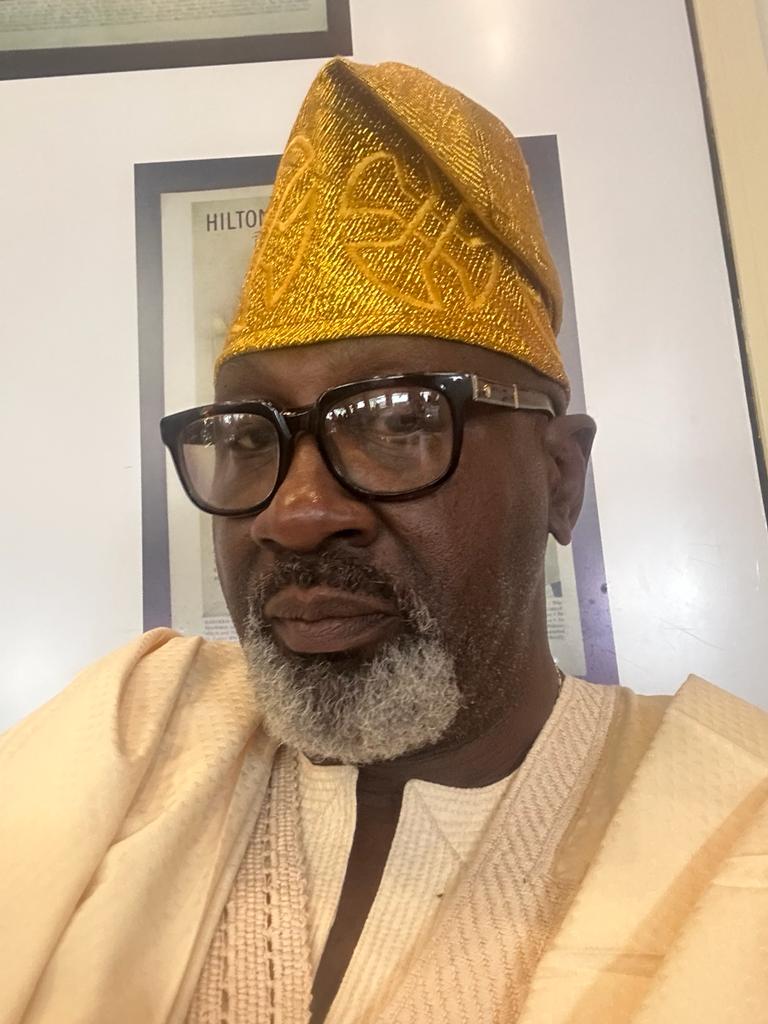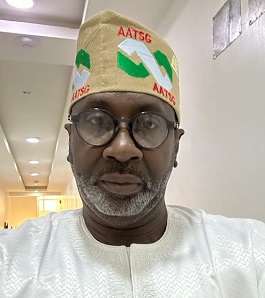What we need to concentrate on as a nation is a constitutional revolution – Abayomi Odunowo
Oliver Lyttleton, the colonial secretary, played a pivotal role in supporting Obafemi Awolowo in his fight for resource control in Nigeria. It was this agitation that ultimately led to the 1954 constitution in Nigeria, known as the Lyttleton Constitution, named in his honor.
This constitution marked a significant turning point in Nigeria’s history, as it granted greater autonomy and resource control to the various regions within the country.
The collaboration between Lyttleton and Awolowo was instrumental in laying the groundwork for a more equitable and just political structure in Nigeria. By advocating for true restructuring and fighting for the deregulation of the treasury, they sought to establish a solid foundation upon which to build a prosperous and harmonious society. These efforts culminated in the creation of the western region and the empowerment of its people to exercise greater control over their resources and governance.
While these achievements were later reversed by subsequent political leaders, the impact of the Lyttleton Constitution and the principles it espoused cannot be understated. The collaboration between Lyttleton and Awolowo serves as a potent example of how individuals from diverse backgrounds can work together to bring about positive change and lay the groundwork for a brighter future. Their legacy continues to inspire those who seek to build a golden age on a solid foundation of equity, justice, and self-determination.
The MacPherson constitution, which came into effect in 1951, played a crucial role in enabling Chief Obafemi Awolowo to become the premier of the Western Region. This constitution paved the way for a more representative and inclusive government structure, allowing for greater regional autonomy and the establishment of the Action Group (AG) party, of which Awolowo was a prominent figure. Under this new constitution, Awolowo was able to organize and mobilize support for his political ideas and vision for the Western Region.
Subsequently, the Lyttleton constitution of 1954 further solidified the groundwork for Awolowo’s success as a regional leader. This constitution provided the Western Region with the ability to internally generate revenues, giving Awolowo the financial resources needed to implement his ambitious policies and programs. With these constitutional structures in place, Awolowo was able to lay the groundwork for a period of unprecedented development and progress in the Western Region.
Despite facing opposition from the NCNC and other political opponents, Awolowo remained steadfast in his vision and determination to build a prosperous and successful region. His leadership and commitment to the welfare of the people resulted in the implementation of landmark projects and policies that were enjoyed by the people of the Western Region during the first republic. Awolowo’s legacy as a transformative leader continues to be celebrated and remembered for his significant contributions to the development of the Western Region.
It is undeniable that the current administration, under the leadership of Tinubu, is making significant strides in tackling institutional corruption and advancing the development of Nigeria. By implementing measures to block avenues of corruption, such as subsidy and Aboki exchange, and addressing the issues plaguing the Nigerian National Petroleum Corporation (NNPC), the government is taking strong action to create a more transparent and accountable system.
Furthermore, the discussions on the creation of state police and the potential transition back to a parliamentary system are important steps towards safeguarding the autonomy and development of individual regions. These initiatives are reminiscent of the practices adopted during the first republic, when regional autonomy played a crucial role in the progress of the country.
As intellectuals and concerned citizens, it is imperative for us to engage in meaningful discussions about these critical issues and offer our support to the government in achieving its ambitious goals. By coming together and contributing our expertise, we can help shape the future of our nation and ensure that the groundwork being laid by the current administration paves the way for a golden age in Nigerian history. It is time for us to shift our focus from trivial matters to the real issues that will drive the progress and prosperity of our country.
We do not want any protest in Yorubaland. Above all, it is the heights of insults to incite Yoruba people to revolt because of food. We shall never be reduced to that. The attempt to repeat the NCNC agenda of inciting Yoruba people, as was done to the sage, is not an option in our time. Our focus is on the bigger picture.
As members of the Yoruba community, it is crucial to remember our history and the struggles our ancestors faced in achieving their goals. The political landscape is rife with divisive agendas, and it is important for us to remain united and focused on the bigger picture. Inciting protests and riots only serves to create further division and chaos, and it is a disservice to the legacy of our ancestors who fought for unity and progress.
We must not allow ourselves to be swayed by the promise of food or material gain. Our values and principles are worth far more than any temporary relief or financial incentive. It is essential to remember that our ancestors endured great hardships and sacrifices to achieve the progress we enjoy today. We must honor their legacy by remaining steadfast in our commitment to progress and unity.
The agenda to frustrate our kinsman in Aso Rock is nothing more than a ploy to sow discord and division among the Yoruba people. Aligning ourselves with such divisive agendas only serves to bring shame and dishonor to our community. We must be vigilant against falling prey to these tactics and instead focus on standing together in solidarity for the greater good of our people.
We do not want a messianic revolution, a food revolution, or a dollar revolution. What we want is progress, unity, and prosperity for our people. It is imperative that we remain focused on the bigger picture and resist the temptation to succumb to divisive agendas that seek to undermine our unity and progress.
As members of the Yoruba community, we must remain united and resolute in our commitment to progress and unity. Our history is a testament to the strength and resilience of our people, and it is essential that we honor that legacy by standing together in solidarity. Let us not be swayed by divisive agendas, but instead, remain focused on the bigger picture and the future we seek to build for the generations to come.
Otunba Abdulfalil Abayomi Odunowo
National Chairman AATSG
25th February, 2024.
Do you have any information or event for TribuneTimes to publish or cover? Kindly Call us on +2349053535322 or send us message on Whatsapp number +2349053535322 or send us an email here





